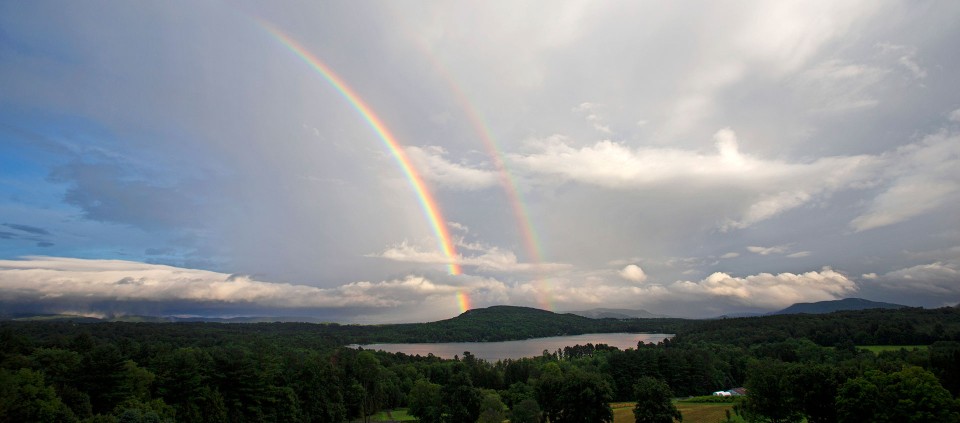Kripalu’s Dharma: Working Toward a Compassionate, Connected, Awakened World

Updated June 1, 2020
Here is one truth that yoga teaches: We cannot change the world or anyone else unless we are first willing to change ourselves. To create a compassionate and connected world where all are equal and belong, we must first create that reality within ourselves.
Kripalu’s dharma—our sacred duty—is to create a more awakened, compassionate, and connected world. This work begins with the self from a place of compassion and open inquiry. Yet self-inquiry is but a step along the path. Our work must not end there. Individual inquiry must be the first step in a commitment to awakening to the reality that privilege and power is situated in our social systems and institutions, and it is there where change must be effected. For those with relative privilege, this is challenging work, because it calls into question one’s own contributions to the inequities. This is a challenge that I am committed to personally and as Kripalu’s leader.
This is vital and transformational work. We know that what has been broken for centuries cannot be repaired with easy and quick solutions. As an organization, we have much work to do in making the retreat center a place where all who want access will experience a sense of belonging. We are committed to this vision.
We are at the very beginning of our journey and recognize that we have much work to do. Creating a Kripalu where all feel they belong is a Strategic Priority directing current organizational initiatives. This objective demands an investment of time and resources and to learning from our misses, in order to effect the kind of profound culture change that is core to our mission of empowering individuals and communities to reach their full potential through the transformative wisdom and practice of yoga. We recognize that this work will not be linear, nor can we expect that we will get it right with our initial efforts. We are committing for the long term. This is our dharma.
Initiatives that we envision for the future of Kripalu include
- Recruiting a diverse Board
- Developing and delivering Diversity, Equity, and Inclusion trainings across the organization
- Assessment of hiring practices and recruiting for diversity in all areas of the organization, including faculty, staff, and leadership
- Supporting employees with language translation
- Delivering an English as a Second Language program for staff, to reduce the "silencing effect" created by bias against nonnative English speakers
- Building a slate of programming that broadens the reach and diversity of our offerings
- Implementation of guiding principles for creating a culture of belonging
- Reviewing with a group of advisors public documents and signage to create greater inclusivity.
Below I offer some of the resources that are informing our understanding as we take on this important work.
- Moving Diversity Forward: How to Go from Well-Meaning to Well-Doing, by Verna A. Myers
- Mindful of Race: Transforming Racism from the Inside Out, by Ruth King
- White Fragility, by Robin DiAngelo
- Radical Dharma and Being Black, by Rev. angel Kyodo Williams
- On Privilege, Fraudulence, and Teaching as Learning: Selected Essays 1981–2019, by Peggy Mcintosh
- The New Jim Crow: Mass Incarceration in the Age of Colorblindness, by Michelle Alexander
- 1619, a New York Times podcast, by Nikole Hannah-Jones
- “The Case for Reparations,” by Ta-Nehisi Coates
- “What Is White Privilege?,” by Sharon Martinas
- “12 Things White People Can Do Now Because of Ferguson,” by Janee Woods
- “Flipping the Script: White Privilege and Community Building,” by Maggie Potapchuk, Sally Leiderman, Donna Bivens, and Barbara Major
- “White Privilege: Let's Talk—a Resource for Transformational Dialogue,” from the United Church of Christ
Barbara Vacarr, PhD, Kripalu's CEO from 2016–2021, is a psychologist, adult educator, and lifelong meditator who writes about and speaks to topics related to mindfulness, compassion, conscious leadership, and activism.
Full Bio and Programs